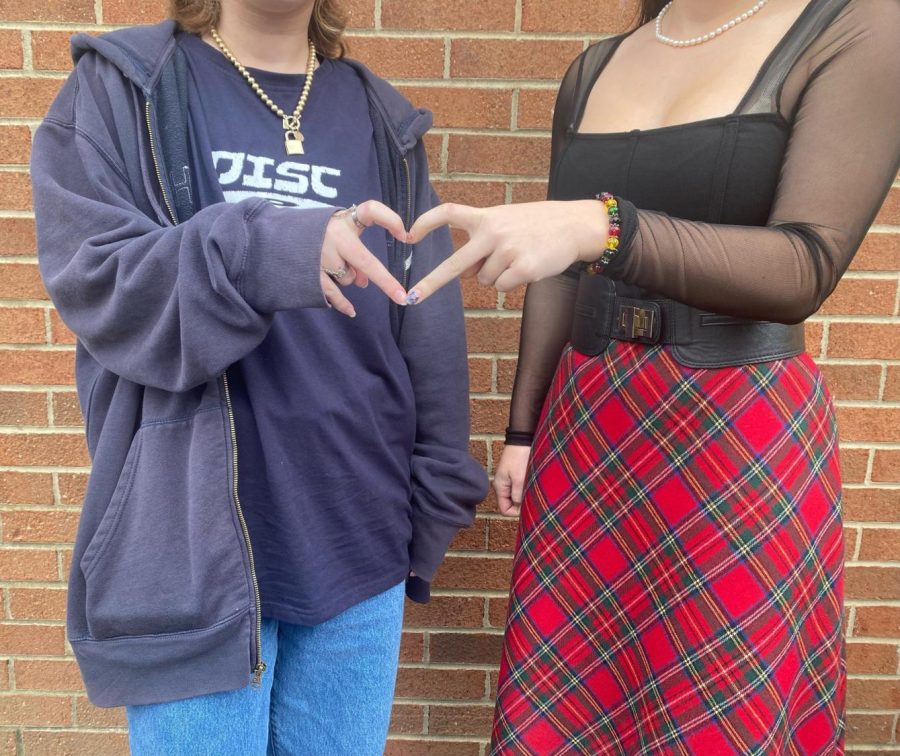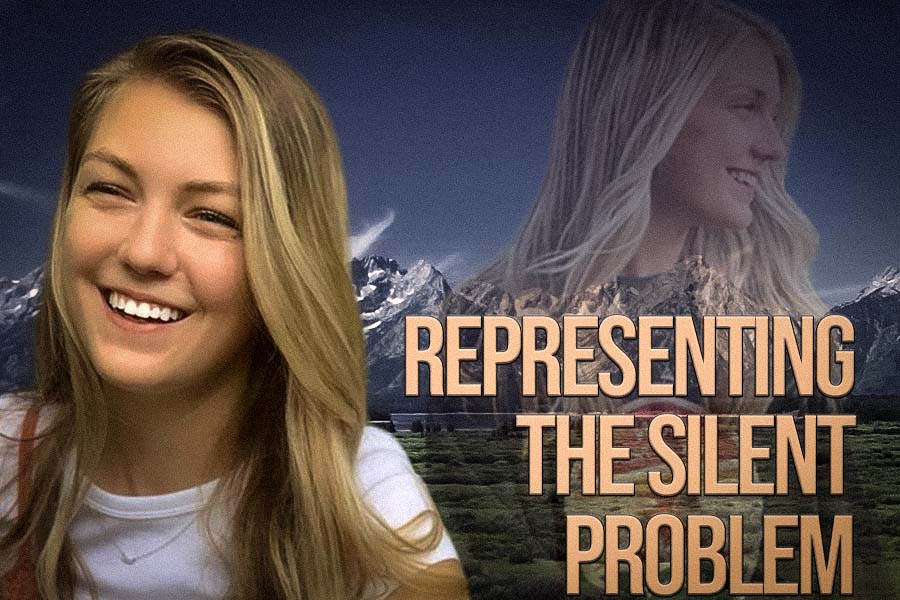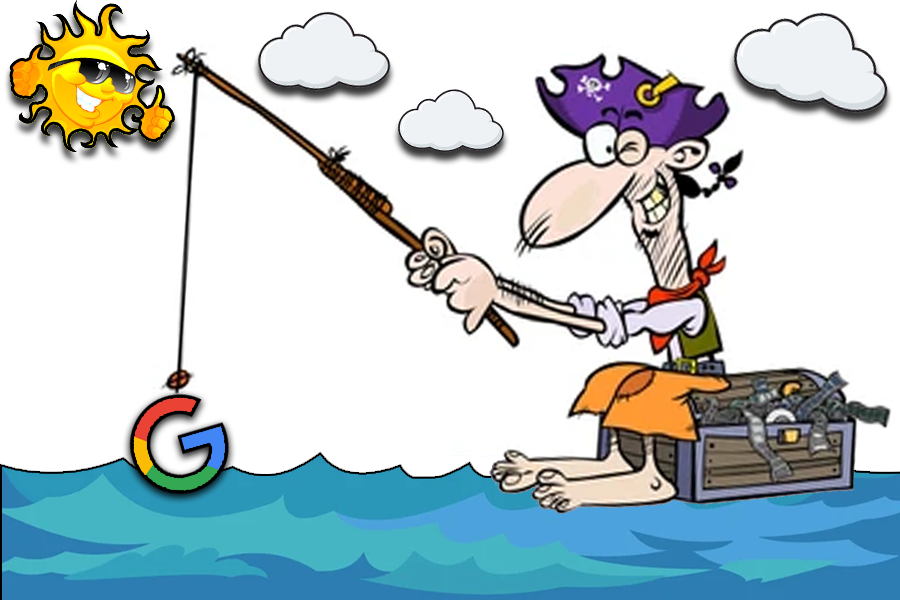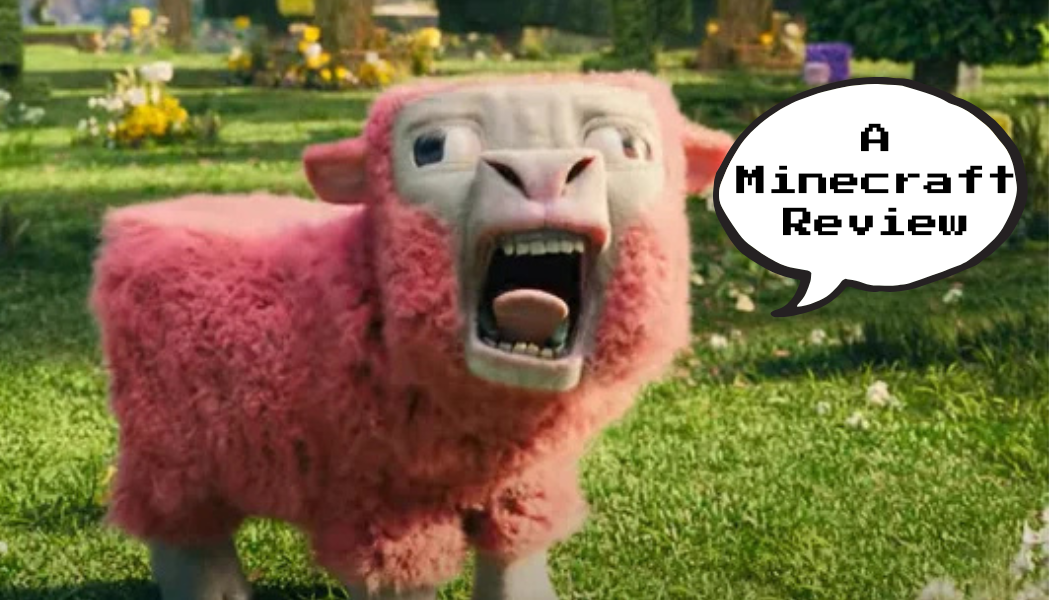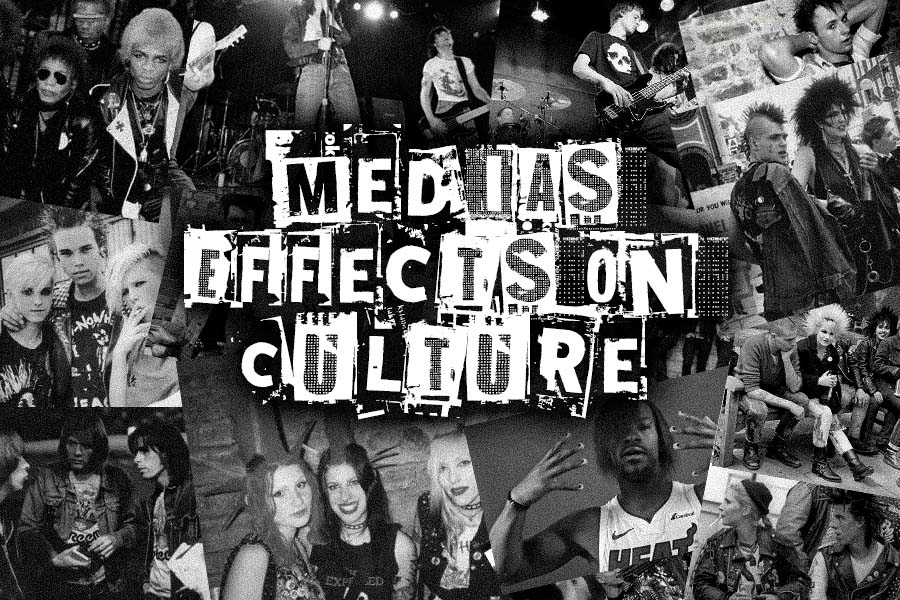The insult “pick me” has been passed around West as well as social media, to call out the girls who put their long brunette hair in messy buns and hang with the boys. Wiktionary describes this insult as “a woman who claims or acts as if she is unlike most other women, in order to gain attention from men.” Although “pick me” girls have roots of internalized misogyny, so does the insult. Calling other girls a “pick me” doesn’t make you any better than them.
The “pick me” phenomenon gained relevancy from the “I’m not like other girls” Tumblr thread back in 2010, Featuring a series of posts about how the user “isn’t like other girls” and enjoys non feminine activities. The majority of the posts passively put down “other girls” for embracing femininity.
However, this wasn’t the first time girls didn’t want to be like “other girls.” In the 1950s, “greaser girls” separated themselves from what was seen as normal, as did “grunge girls” in the 1980s. After a few decades, the movement of breaking social norms turned into straight up misogyny.
Media such as fanfiction, movies, music, shows and books tend to be fueled by the male gaze, which is how male-dominated media portrays women by objectifying them to make the characters more desirable to men. A big example of the male gaze is the “manic pixie dream girl” trope that is defined by StudioBinder as “… a type of female character often depicted as a whimsical, quirky, sometimes eccentric, fantasy woman who saves the male protagonist from himself.” The main character of these tropes put on the first thing they see and don’t mind getting dirty to have fun. The male lead likes her nerdy, book loving self and loves that she isn’t like other girls, she’s different. Some popular examples of the manic pixie dream girl trope are “New Girl,” “Mean Girls,” “Scott Pilgrim vs the World” and the song,“La La Land” by Demi Lovato. Many girls idolize this trope and build their personality off of it in hopes of becoming a boy’s “dream girl.” It isn’t a complicated concept to understand; being accepted is very validating and makes people feel wanted. There isn’t anything wrong with wanting to be accepted but you shouldn’t put others down to achieve that. The toxicity of “pick me girls” lies in the fact that they put down other women to uplift themselves to seem different and drama-free, to be one of the boys, but it doesn’t mean it’s okay for you to do the same.
The way someone wants to portray themself is their decision and you should mind your own business. I’m not saying you can’t stick up for yourself or complain but there are so many other words to use that you don’t need to refer to every girl you think is annoying as a pick me, it isn’t just an insult but it’s also building hatred between girls.
Calling other girls a “pick me” has the same effect as being a “pick me.” Not every “pick me girl” puts down other girls. Stop being hypocritical and misogynistic the next time you try to insult a girl who just wants to wear her Converse with her dress.
“Pick me” culture and internalized misogyny is getting out of hand
Ava Angle, Opinion Writer
January 23, 2023
Two girls are friends despite their differences in appearance.
0
More to Discover
About the Contributor
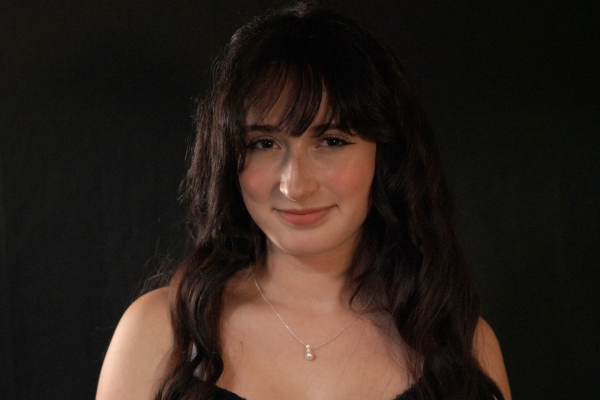
Ava Angle, Opinion Editor
Ava Angle is a senior and first year Opinion Editor. This is her third year writing on Opinion for the Zephyr. Ava still LOVES cats and enjoys listening to 2000’s rock bands. When she’s not in class you can find her replaying cd’s in her car and buying her typical mocha peanut butter frappe from Ketchie Creek (where Lena works.)



